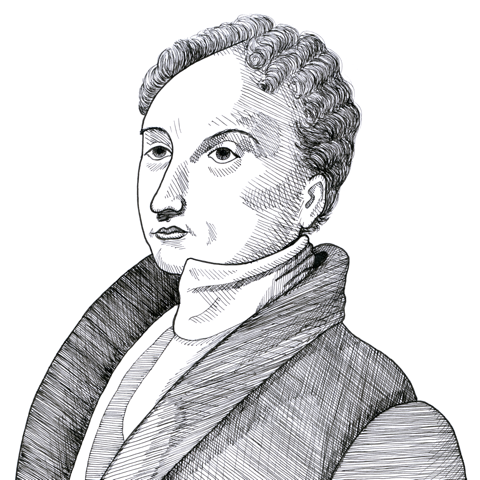
James Mill on the natural disposition to accumulate property (1808)
Found in: Commerce Defended (1808)
James Mill (1773-1836), the father of John Stuart Mill, defended commerce and the freedom to trade against its critics on the grounds that it was natural, greatly contributed to human happiness, and added to the amount of wealth in society.
Property Rights
…no arrangement of society, consistent with any tolerable degree of freedom and security, seems capable of preventing this wonderful agent [the disposition to accumulation] from adding something every year to the fund of production, from continually increasing the annual produce. As it is this gradual produce on which the happiness of the great body of the people depends, we may reflect with satisfaction and wonder on the strength of the principle on which it is secured; on the provision which is laid in the original laws of human nature for the well-being of the species!